Europe suffers from an "embarrassing gap" between its aspiration for a leading defence role on the world stage and its limited military strength, the head of the EU's new defence agency said on Tuesday. European countries must take more joint decisions on what to do with the 160 billion euros ($208 billion) they spend annually on defence if they are to close that gap, European Defence Agency (EDA) chief executive Nick Witney said.
"We are still between us spending too much money on the wrong things and not enough money on the right things," Witney told a defence sector conference in Madrid.
"We struggle to sustain even the relatively modest burdens of the operations with which we are engaged. There is an embarrassing gap between Europe's ambitions for its role in the world and its actual capability to deliver militarily."
The EU has taken on security tasks such as peacekeeping in Congo, Macedonia and Bosnia, and Witney said these operations had shown Europe's armed forces were "ill-adapted" to the demands of the 21st century.
He said 15 years after the end of the Cold War, European armies were still not ready to grapple with the new threats of proliferating weapons of mass destruction, regional conflicts, state failures, organised crime and terrorism.
The EDA started work six weeks ago with a remit to help members transform their armed forces to face those threats, promote co-operation on armaments and on research and technology, and help create a Europe-wide defence equipment market.
The Brussels-based agency will have 77 staff and an annual budget of just 20 million euros. It has 24 member states: all European Union members except for Denmark, which has reservations about increased EU defence co-operation.
Witney said the EDA's limited resources were sufficient as it was not directly involved in operations but rather in trying to foster closer co-operation between its members and prompt them to spend their money differently.
"At the end of the day the money sits in 24 defence ministries and what matters is how that money is spent," he told Reuters after his speech, adding that he saw the EDA as a "catalyst" for members to take more common decisions.
"We will take a leading role in proposing new policy approaches to how a European defence equipment market might work and how it might be brought into being," he said.
Witney said less than 5 percent of Europe's defence budget was spent collaboratively, and defence contracts were generally awarded to separate national industries, largely protected from effective competition.
"Some degree of consolidation is going to be necessary, I'm sure, for the (European) defence industry if it is to remain globally competitive," he said.
Witney said the United States spent about two and a half times more on defence than European countries combined, and five times more on defence research and technology. That last figure was the one that worried him most.
"In matters of technology I think Europe is engaged in competition with America ... There is a fivefold disparity between levels of defence research and technology spending. That is a statistic that Europe has to take notice of," he said.
BR100
15,235
Increased By
150.4 (1%)
BR30
44,824
Increased By
812 (1.85%)
KSE100
149,971
Increased By
1353.3 (0.91%)
KSE30
45,655
Increased By
407.2 (0.9%)


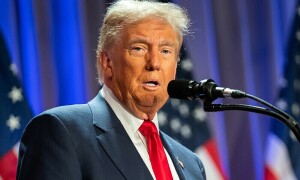


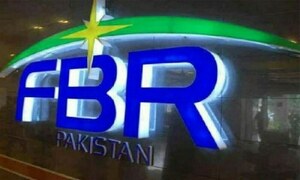
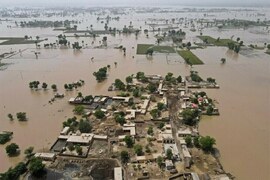







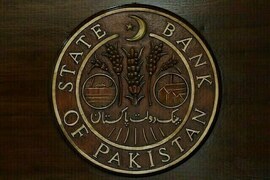
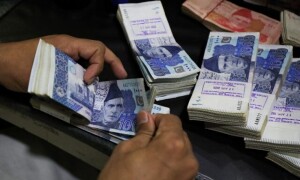




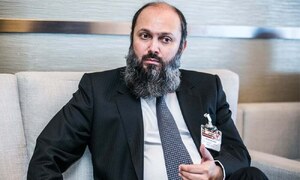

Comments
Comments are closed.